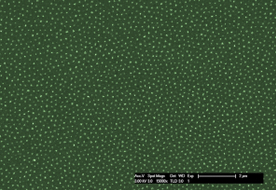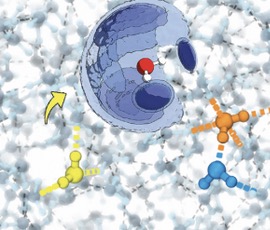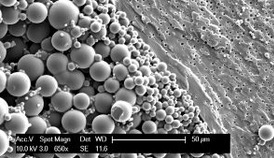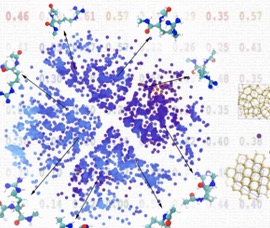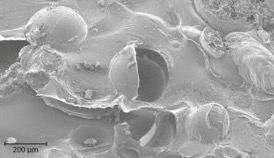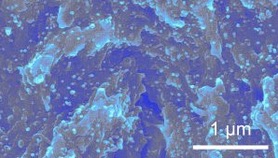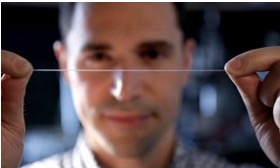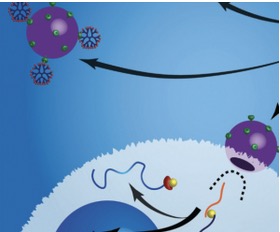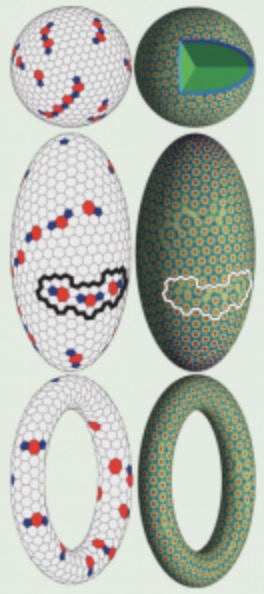Soft Materials at the Institute of Materials Science and Engineering
Soft materials are all around us, from the food we eat (e.g. butter, mayonnaise, yoghurt), the displays we look at (e.g. liquid crystals), and even in our own bodies (e.g. skin, blood, cell membranes). These materials are present in a state between liquid and solid and are characterized by their physical properties that are structured by energies comparable to ambient conditions. Their macroscopic behavior is the result of interactions at the mesoscopic scale, the collective organization of atoms and molecules.
At EPFL, research on soft matter spans a wide diversity of materials, from polymers to granular hydrogels, and from fibers to DNA-based biological materials. For electronic, optoelectronic and electro-mechanical applications, our scientists synthesize thin film devices from functional organic materials. We explore chemical polymerization techniques to prepare functional coatings for biomaterials and sensing applications and try to understand the complex structure, physics and chemistry of polymer brushes. The structure and properties of supramolecular materials is determined by the intramolecular interactions and thus inherently classifies as soft matter. Our researchers design materials with a dual hydrophilic/hydrophobic character and study the coexistence of these states. Analyzing the balance between order and disorder in materials, we aim to develop novel supramolecular materials and metastable precursors for carbon nanomaterials. Using state of the art technologies in microfluidics, we employ emulsion drops to produce granular hydrogels with locally varying compositions. We investigate how the structure and local composition of these granular hydrogels influence their mechanical properties with the goal to fabricate active granular materials that respond to external stimuli.Our soft matter research is translating to a platform with exciting everyday applications. Smart composite materials, that are able to combine structural and functional properties, and bio-based degradable composites for packaging and engineering applications are currently developed in our institute. Furthermore, we are engineering structural and packaging materials, encapsulation technologies for cosmetics, novel adhesives, liquid-crystals, functional surfaces and drug-delivery systems that work with nano-precision.
Key research themes
- Self-healing materials
- Fibre synthesis
- Polymer surface and interface science
- Polymer nanomedicine
- Polymer synthesis and functionalization
- Supramolecular chemistry
- Cell-material interactions
- Multivalency and targeting
- Hydrogels
- Thin film devices

